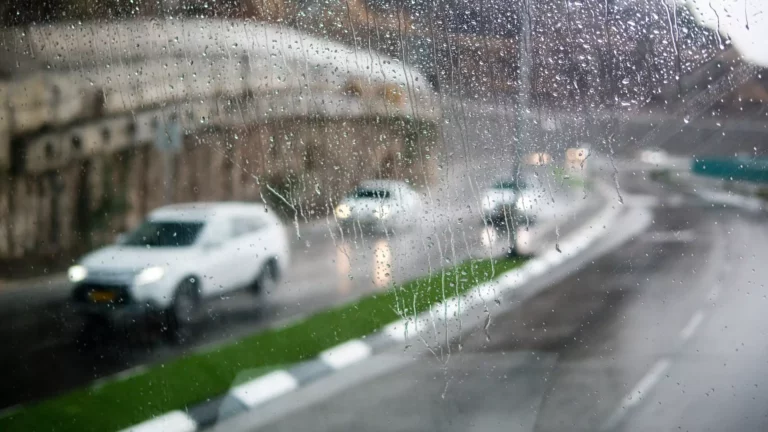Can I File a Lawsuit for Horseback Riding Injuries?
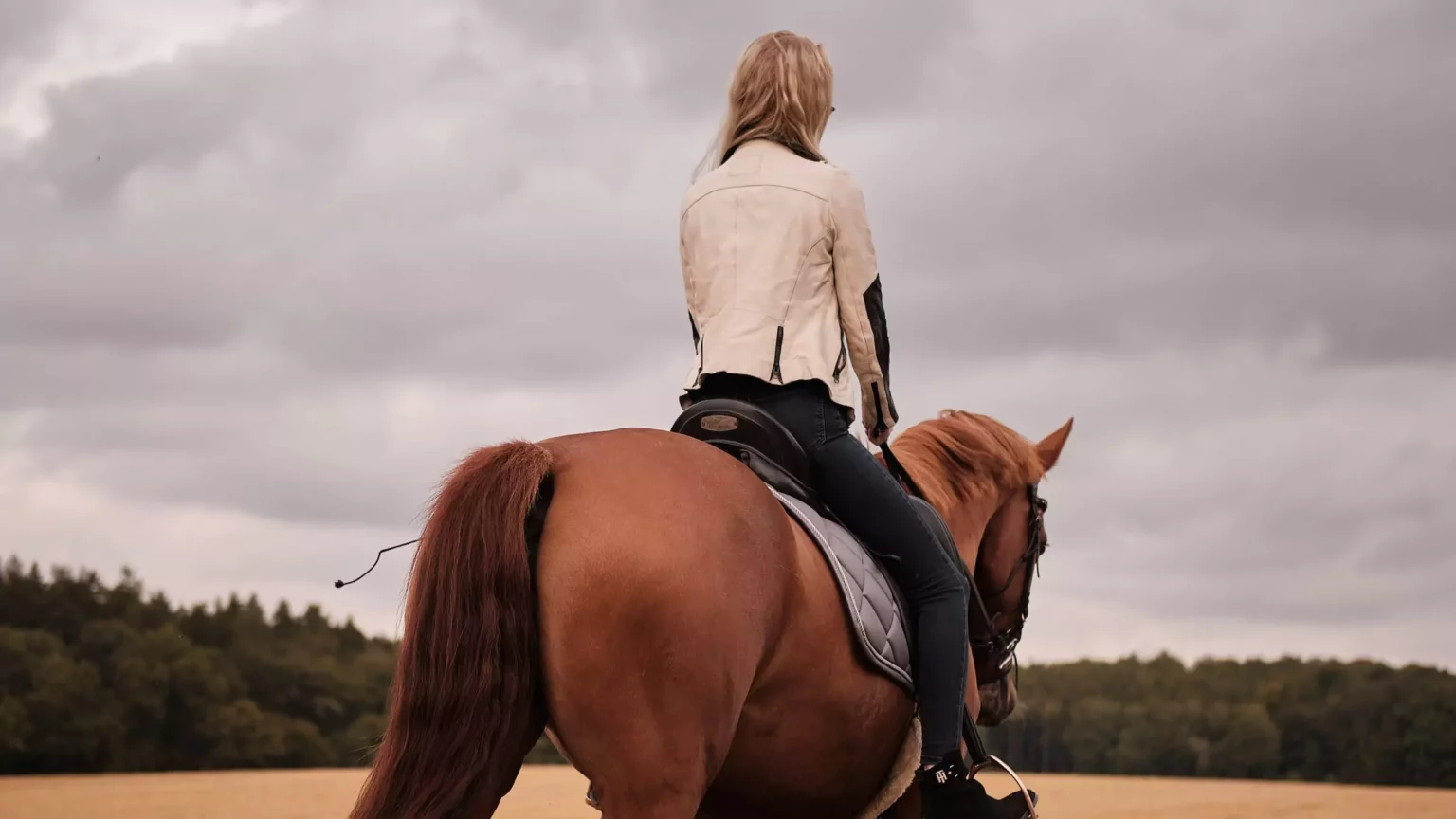
Horseback Riding Injuries
In addition to filing a personal injury lawsuit, the injured party may also be entitled to compensation through a horseback riding liability insurance policy. Liability insurance typically covers medical expenses and other damages related to an accident or injury while riding a horse.
The rider should make sure that the trainer, property owner, or any other individual responsible for the horse has sufficient coverage in place so that they can protect themselves from potential claims if anything happens during the ride.
It is important to note that most states have “equine activity laws” which limit the amount of money that can be recovered through a lawsuit or insurance policies. These laws often require individuals involved in horseback riding activities to sign waivers before participating and disclaim certain liabilities to protect the property owners and trainers from potential claims.
Although horseback riding can be an enjoyable form of recreation, it can also be dangerous if proper safety precautions are not taken. Riders should always make sure that they understand their rights when it comes to filing a lawsuit or claiming benefits through an insurance policy in case of an injury or accident. This will help ensure that justice is served and that those responsible for the injuries are held accountable for any damages caused.
Additionally, riders should research their state’s equine activity laws before participating in any activity involving horses, as this may help them understand their legal rights in such situations. Doing so could help prevent costly lawsuits in the future and provide peace of mind knowing that everyone is properly protected in the event of an accident.
Safety should always be a top priority when it comes to horse riding. By taking the necessary steps to protect yourself and understanding your legal rights, you can help reduce the risk of injury or worse while enjoying this thrilling sport.
What Should I Do After My Injury?
After a New Jersey Horseback riding accident, victims should take steps to ensure their safety and well-being. First, they should seek medical attention as soon as possible. Horseback riding accidents can cause serious injuries like broken bones or head trauma that need immediate treatment.
Second, if the victim can do so, they should document the scene of the accident and collect contact information from any witnesses who saw what happened. This information could be valuable in helping prove fault or negligence in a personal injury claim later.
Third, victims should consider seeking experienced legal counsel with knowledge of equine law and experience handling horseback riding injury claims. An attorney could help them evaluate their case and determine the best action plan moving forward. The attorney could also help them determine if they are entitled to compensation for their injuries and other damages.
Finally, victims should take steps to protect their legal rights as soon as possible. In New Jersey, personal injury claims must be filed within two years of the date of the accident. Thus, victims need to act quickly to ensure that all relevant information is preserved and available for use in a potential claim. Taking these steps after a horseback riding accident can help victims get the justice and financial compensation they deserve.
Liability
Potentially liable parties for an accident involving horseback riding in New Jersey include the owner of the horse and rider, as well as any third party whose negligence or intentional misdeed may have contributed to the incident.
For example, if a third-party stable failed to provide proper care and maintenance, such as feeding or protecting from harsh weather conditions, they could potentially be held liable. Additionally, if a manufacturer sold faulty equipment that caused injury while riding, they too could be liable.
The owner of the horse is typically held accountable for any injuries their animal causes during an accident, but it’s important to note that this responsibility depends on whether the horse was sufficiently managed. If there are signs that suggest poor care or negligence, such as a lack of adequate security measures or improper maintenance, then the owner may be held liable in a court of law.
The rider is responsible for their actions and can potentially be held accountable for an accident that occurs while riding. For instance, if the rider was not wearing protective gear and suffered an injury due to this oversight, they could be held liable. It’s also important to note that riders who participate in events like races must ensure they follow all safety regulations set by the event organizers.
Finally, any property owners near where the horseback riding incident occurred may be held liable if it’s found that their negligence contributed to the incident. This could include failing to properly maintain fences or trails, allowing dangerous obstacles or debris to remain on the trails, or failing to provide adequate signage for riders.
In each case, an experienced attorney can help assess liability and determine who is responsible for any damages incurred during a horseback riding accident in New Jersey. If you have been injured while horseback riding, it’s important to seek legal counsel as soon as possible so that your rights and interests are protected.
It is important to note that liability in horseback riding accidents will vary on a case-by-case basis. Each incident is unique and should be evaluated carefully to determine which parties are responsible for the damages caused by the accident. With careful consideration, experienced legal counsel can help you identify those liable for your injuries, so that justice may be served.
What Damages Can I Collect?
In a New Jersey horseback riding accident case, the victim can often collect damages for their physical injuries, as well as any economic losses they may have suffered. These damages typically include medical expenses, lost wages and earning capacity, pain and suffering, emotional distress, scarring and disfigurement, loss of consortium (relationship with loved ones), and property damage.
It is important to note that all these damages must be proven to receive compensation. It is not enough to simply allege them; there must be solid evidence of each component for the claim to be successful. This means that victims should retain all relevant records related to their accident and injury such as medical bills and police reports. Additionally, expert testimony may be necessary to prove certain damages, such as the extent of physical and psychological harm.
Furthermore, New Jersey law does allow for punitive damages in some cases of horseback riding accidents, where the defendant’s conduct was found to be particularly reckless or egregious. These types of damages are generally awarded with the intent of punishing the individual or entity responsible for causing the injury and deterring similar behavior in the future. To recover punitive damages, a victim must demonstrate gross negligence on behalf of the defendant.
Ultimately, by obtaining appropriate legal representation and taking all necessary steps to ensure that their rights are protected under New Jersey law, victims of horseback riding accidents can receive rightful compensation for their injuries. It is important to contact an experienced attorney promptly to discuss the specifics of your case and the best plan for moving forward.
In sum, victims of horseback riding accidents can potentially recover damages for medical expenses, lost wages and earning capacity, pain and suffering, emotional distress, scarring and disfigurement, loss of consortium (relationship with loved ones), property damage, and in some cases punitive damages.
By taking the necessary legal steps after an accident occurs, victims can be sure that their rights are protected under New Jersey law. Seeking competent legal assistance is crucial to recovering rightful compensation for all incurred losses.
What If My Child Was Killed in a Horseback Riding Accident?
If someone’s child is killed in a New Jersey horseback riding accident, the first step is to notify law enforcement of the incident. The family should then contact a qualified attorney who specializes in wrongful death claims. In this scenario, it would be important to collect evidence from the scene such as pictures, videos, and relevant documents. This can help prove that negligence or recklessness led to the death of the child.
The next step is for the family to file a wrongful death lawsuit against the party responsible for their loved one’s passing. If successful, damages may be awarded to cover medical bills, burial costs, and other related expenses. Also, if there was gross negligence involved that caused severe emotional trauma for surviving family members, punitive damages may be awarded. In addition, if the responsible party had insurance that covers such situations, the family may receive financial compensation from their provider.
The process of filing a wrongful death claim in New Jersey is complex and requires legal expertise. As such, it is important to seek advice from a qualified attorney who can determine whether you have a valid case and will guide you through the legal process. It also helps to know your rights as outlined by New Jersey’s laws so that you can pursue justice for your child and secure financial security for your family during this difficult time.
By taking these steps, families affected by horseback riding accidents can seek justice for their loved ones while protecting their interests financially. With this knowledge, they can move forward with confidence that their case will be handled in a fair and just manner.
In addition to legal advice, families may also want to seek emotional support as well. Grieving for a lost child can be an incredibly difficult experience, and it is important to receive the necessary help and guidance during this trying time. Therapy or counseling from mental health professionals specializing in bereavement can be of immense benefit to those struggling with intense emotions after a wrongful death incident.
Additionally, there are numerous support groups available specifically for families who have experienced such tragedies. By connecting with other individuals going through similar experiences, survivors of horseback riding accidents may be able to find solace in each other’s stories and derive strength from a collective understanding of loss.
Though nothing can replace the life of a lost loved one, by taking the proper legal and emotional steps following a wrongful death incident caused by horseback riding accidents in New Jersey, affected families may be able to find some closure and move forward with hope for the future.
What If I Signed a Waiver?
If a New Jersey Horseback riding accident victim signed a waiver before their accident, it can be used as evidence that the rider assumed all the risks involved in horseback riding and accepted responsibility for any accidents or injuries. The waiver should state that the victim was made aware of the potential dangers associated with horseback riding, such as falls from the horse, kicking, biting, etc., and that they understood these risks and agreed to accept them.
The signed waiver will not necessarily prevent an injured rider from seeking compensation; however, it can significantly reduce their chances of obtaining a favorable outcome in court. Waivers are typically interpreted rather rigidly by courts and judges may look unfavorably upon attempts to downplay the importance of signing one.
In addition, even if the participant was unaware of certain risks at the time they signed the waiver, it may still be found to be valid and enforceable if all necessary language is present.
Therefore, New Jersey Horseback riding accident victims should always read any waivers thoroughly before signing them to fully understand their implications. If there are any questions or uncertainties regarding a waiver’s terms, it is important to seek legal advice from an experienced personal injury attorney before signing. Doing so could help ensure that the rider’s rights are protected should they suffer an injury while horseback riding.
The consequences of signing a waiver before a horseback riding accident can often be far-reaching; it is therefore essential for riders to weigh the potential risks and rewards before making any decisions. While waivers can be used as evidence in court, it is also important for victims to be aware of their legal rights should they suffer an injury while riding.
To maximize the chances of a successful outcome, accident victims should always consult with experienced personal injury attorneys who understand New Jersey law and can provide knowledgeable legal advice.
How Common Are Horseback Riding Accidents?
In the state of New Jersey, horseback riding accidents are unfortunately quite common. According to a 2020 study by Rutgers University, an average of 25 injuries related to horseback riding were reported each year between 2011 and 2016.
Injuries ranged from minor bumps and scrapes to serious fractures and head trauma, with the most severe cases requiring hospitalization. Most of these accidents occurred while riders were mounting or dismounting their horses, as well as when they unexpectedly fell off during a ride due to the horse bolting or bucking.
Many of these incidents happened on public roads rather than in stables or riding centers due to inadequate safety precautions being taken by riders in untamed environments. It is important for those who engage in horseback riding to always wear safety equipment such as helmets, boots, and protective vests. It is also recommended that riders maintain a constant awareness of their surroundings when on public roads and ensure that appropriate barriers are always in place.
Horseback riding can be an enjoyable pastime for many, but it is important to make safety the top priority when taking part in this activity. Taking the necessary precautions to help prevent accidents from occurring can save lives and reduce the number of injuries stemming from horseback riding accidents in New Jersey each year.
Related Blogs
No Fee Unless
GGL Wins
We've got you covered.
We are available 24/7/365
One of our advisers will contact you.
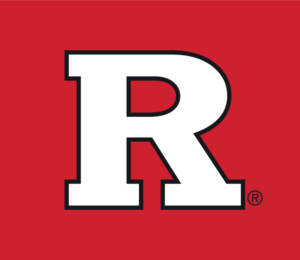
OFFICIAL PARTNER OF RUTGERS ATHLETICS



Recent GGL Wins
Auto Accident
Mediation award Plaintiff was injured in an intersection motor vehicle collision resulting in neck and lower back fusion surgeries.
$2 Million
Verdict
Workers' Compensation
25-year-old laborer died in an industrial accident while working.
$1.15 Million
Verdict
Construction Accident
Roofer fell off roof causing head trauma resulting in a head injury. Plaintiff was not given fall restraint protection equipment by contractor.
